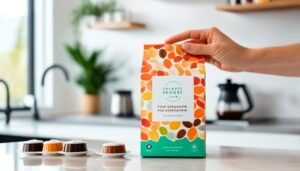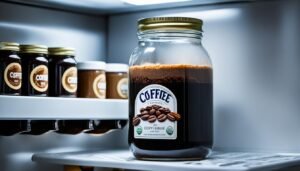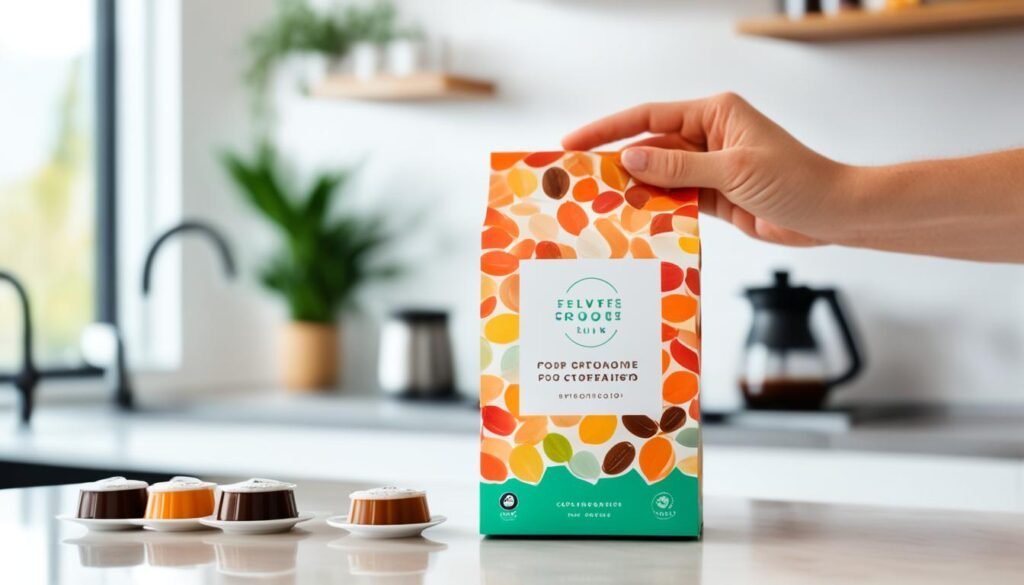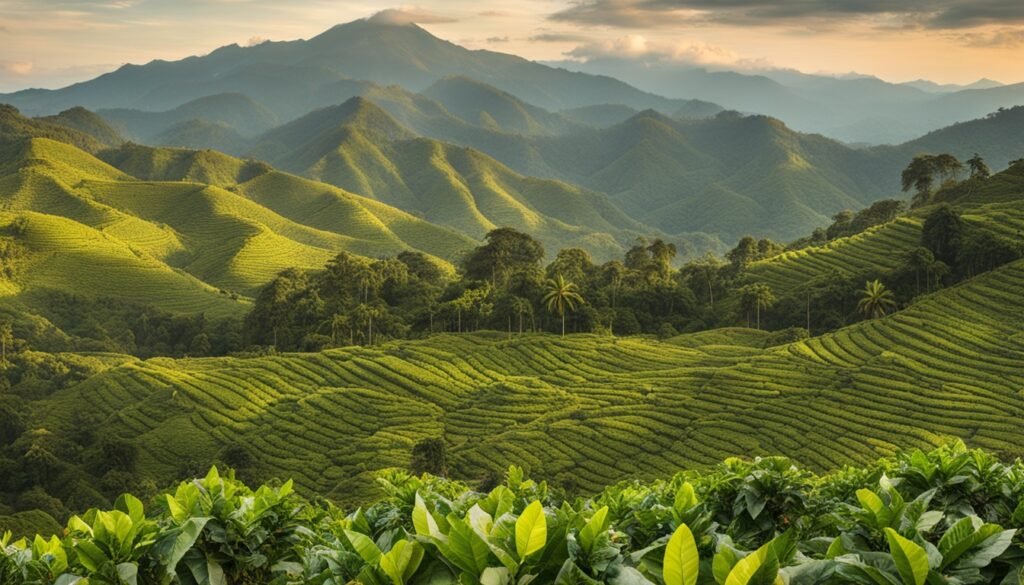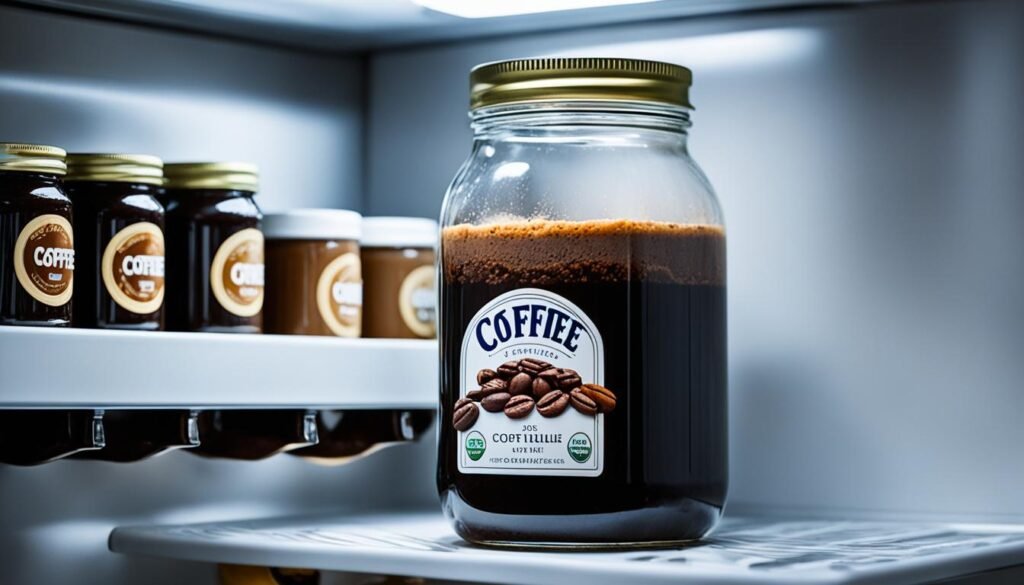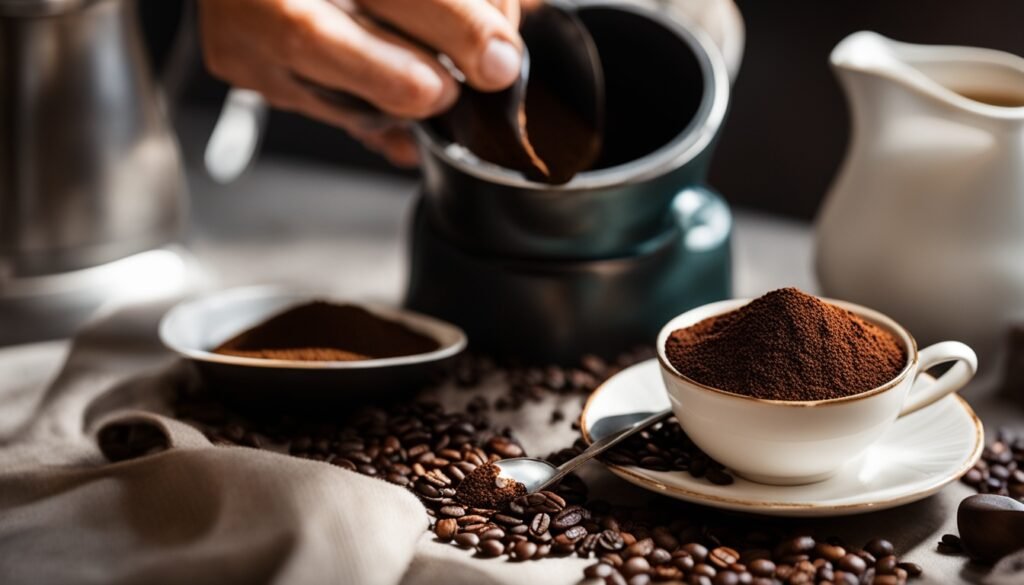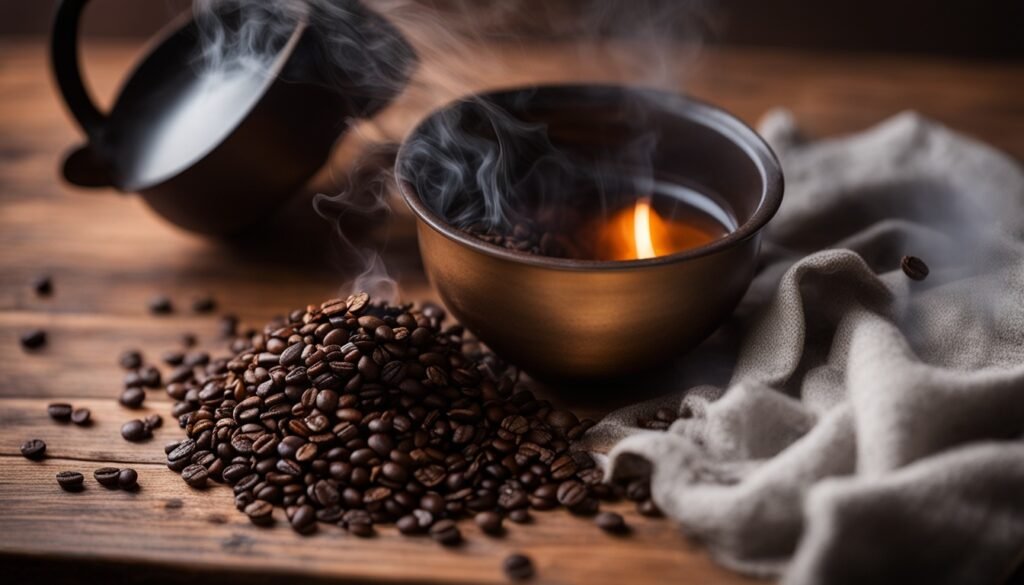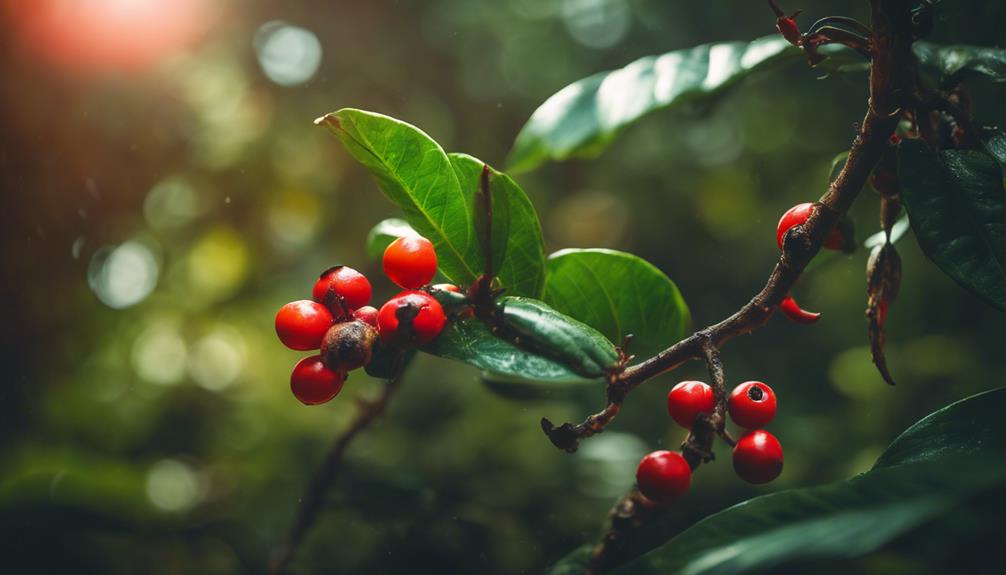Decaf and regular coffee offer distinct but comparable taste profiles, influenced by factors such as bean origin, roasting techniques, and decaffeination methods. Arabica and Robusta beans play a significant role in shaping the sweetness and boldness of coffee flavors.
Modern decaffeination processes like the Swiss Water Process and CO2 Extraction are designed to retain the natural flavors while reducing caffeine content. Decaf coffee contains significantly less caffeine than regular coffee, making it a great option for individuals sensitive to caffeine or seeking to avoid its stimulating effects.
By considering these elements, coffee enthusiasts can enjoy their preferred taste while being mindful of their health. Explore further to discover detailed comparisons and make an informed choice.
Why Choose Decaf Coffee
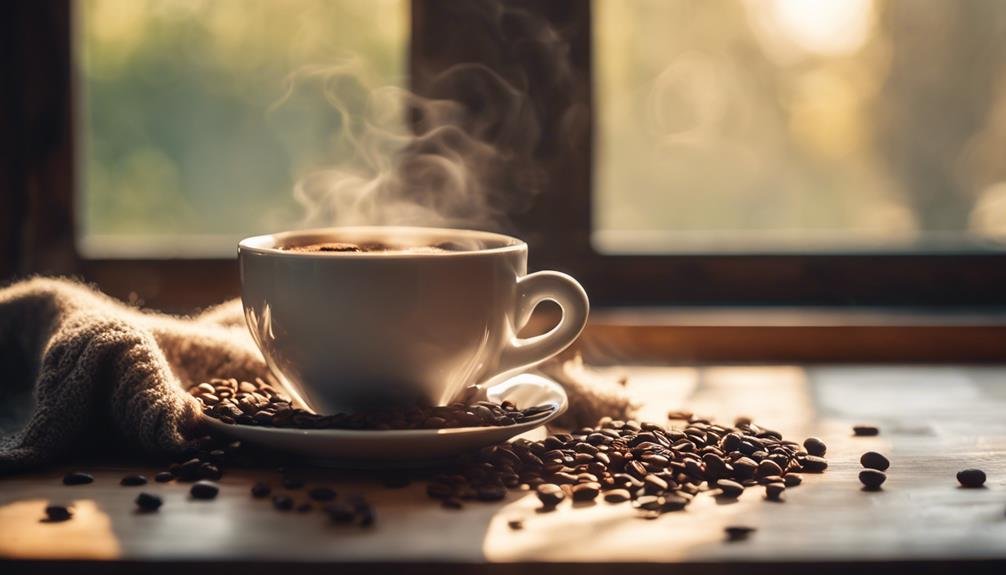
Choosing decaf coffee can be a smart choice for those looking to cut back on caffeine without giving up their favorite drink. Regular coffee can pack as much as 140 mg of caffeine per cup, which may be too much for those sensitive to caffeine or for late-night coffee cravings.
In contrast, decaf coffee contains only about 7 mg of caffeine per cup, allowing coffee lovers to savor the taste and routine without the jitters or other side effects. This option is especially helpful for individuals aiming to steer clear of potential health issues linked to high caffeine intake, such as heightened blood pressure, anxiety, and sleep disturbances.
Decaf coffee provides a well-balanced alternative for mindful coffee consumers.
Coffee Bean Flavor Profile
The flavor of coffee is a delightful blend of factors such as the bean type, processing methods, and roasting techniques.
There are two main types of coffee beans: Arabica and Robusta, each offering distinct taste profiles. Arabica beans are cherished for their gentle, sweet flavors with subtle notes of sugar, fruits, and berries. On the other hand, Robusta beans boast a stronger, more robust taste with hints of grain or nuts.
The roasting process further refines these flavors, with lighter roasts maintaining the bean's original nuances and darker roasts adding a bold richness.
Moreover, the geographical origin of the beans, whether from Africa, Latin America, or Asia, contributes to the coffee's regional flavors, offering a diverse and enriching coffee experience.
Decaffeination Methods
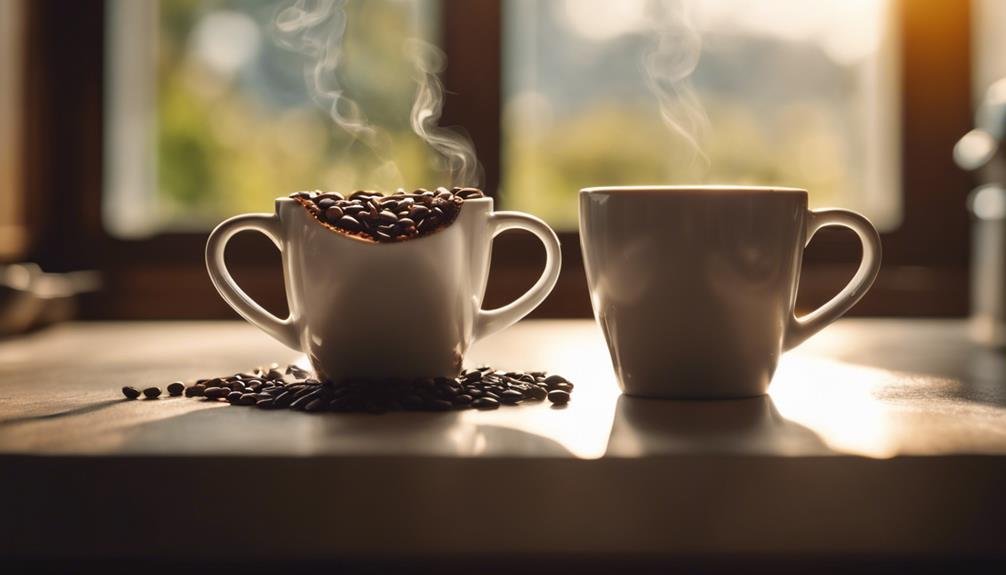
Decaffeination methods use various techniques to remove caffeine from coffee beans while preserving their natural flavors. These processes are crucial for providing the rich taste that coffee enthusiasts enjoy, minus the caffeine kick.
The four primary methods are:
- Solvent Soaking: This method involves using methylene chloride or ethyl acetate to extract caffeine from the beans.
- Swiss Water Process: Here, activated carbon filters are used to naturally remove caffeine from the beans.
- CO2 Extraction: Caffeine is bound with carbon dioxide under high pressures in this method.
- Direct Solvent Method: Beans are steamed and then rinsed with a solvent to remove caffeine.
Each method is designed to retain the coffee's natural flavor profile, ensuring that decaf drinkers can savor a delicious cup of coffee. This commitment to quality guarantees a delightful experience for all coffee lovers.
Health Benefits of Decaf
Drinking decaf coffee offers several health benefits, especially for those needing to manage their caffeine intake. Decaf coffee has significantly less caffeine than regular coffee, making it a great choice for individuals sensitive to caffeine or seeking to avoid its stimulating effects.
By choosing decaf, you can savor the delicious coffee flavors without the potential risks of elevated blood pressure or anxiety linked to high caffeine consumption. Moreover, decaf coffee can help alleviate problems like insomnia and jitteriness, promoting better sleep and overall wellness.
Many people find that switching to decaf allows them to enjoy their coffee ritual without the negative health effects of too much caffeine.
Taste Comparison
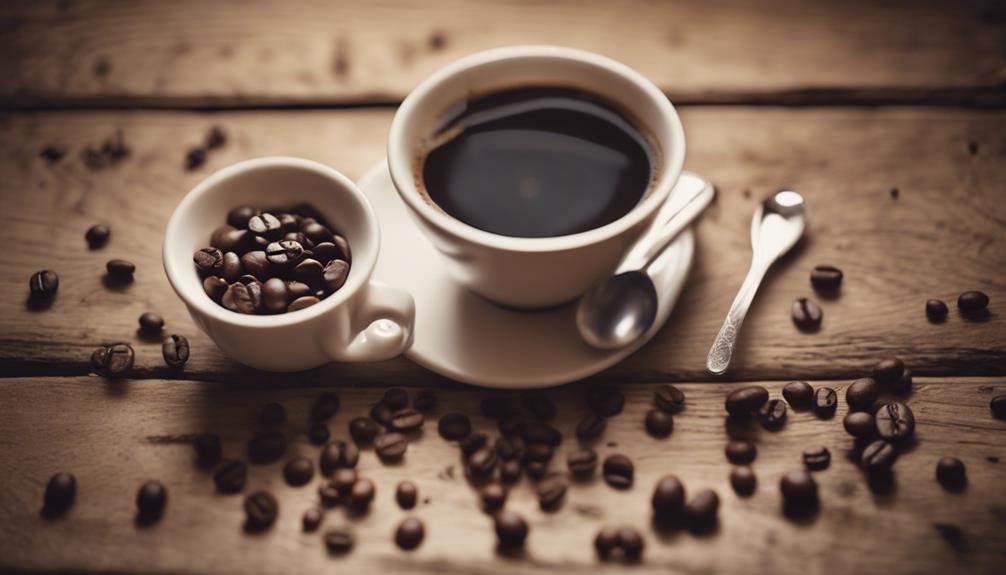
When comparing the taste of decaf coffee to regular coffee, there are subtle differences that may be noticed, but many coffee enthusiasts find the flavor profiles to be quite similar. This similarity is mainly due to the meticulous processes used to preserve the beans' inherent qualities.
Here are some key points to consider:
- Roasting Time: Both decaf and regular coffee beans undergo similar roasting processes, which have a significant impact on the flavor.
- Bean Origin: The geographic origin of the beans is crucial, with decaf and regular beans often sourced from the same regions.
- Brewing Method: The way coffee is brewed affects its taste, and both decaf and regular coffee can be prepared using the same methods.
- Decaffeination Process: Modern decaffeination techniques focus on maintaining the original flavor of the coffee, minimizing any changes in taste.
These factors contribute to the nuanced yet comparable taste profiles of decaf and regular coffee.
Conclusion
In summary, the decision between decaf and regular coffee ultimately comes down to personal preferences and health considerations.
Interestingly, around 12% of coffee enthusiasts opt for decaf, showing a notable segment of the population prefers this option. This choice is influenced by improved decaffeination techniques that maintain the coffee's flavor profile, making it a suitable alternative for individuals sensitive to caffeine.
By understanding the differences in taste and potential health benefits, consumers can make an educated choice that aligns with their preferences and well-being.

